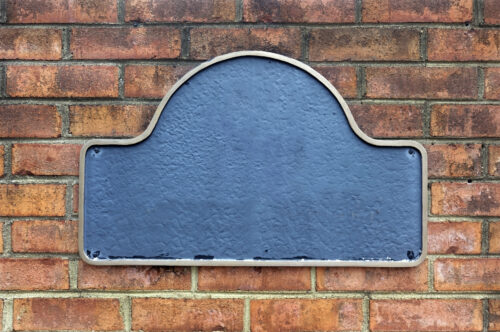In the wake of the COVID-19 pandemic, higher education fundraisers,like all fundraisers—are facing a difficult fundraising environment. Ignoring stewardship is the worst mistake you can make—even now.
It has been a dire summer for American higher education. University leaders are faced with a near impossible task: walking a tightrope to maintain the institution’s fiscal health without endangering the physical health of its students, faculty, and staff.
University advancement offices face a near impossible task, too. With state funding shrinking and families unable to pay more in tuition, philanthropic dollars are urgently needed. However, a survey conducted in April found that 43% of development officers anticipate falling short of their revenue goals for the year.
In this moment of financial uncertainty, I have a somewhat counterintuitive proposal for university advancement offices: Focus on stewardship. Not only is good stewardship the ethical thing to do, but in the long run, ensuring that your donors have the best giving experience possible will pay financial dividends, as well. By demonstrating your commitment to donor intent even in hard times, you can earn the trust and lasting support of your alumni.
Effective stewardship requires strong relationships, as every gift officer knows well, but it also requires institutional policies that prioritize donor intent. Writing an individually tailored gift agreement, and reporting on impact, are not distractions from a development office’s core work. Far from it. The process of writing a gift agreement with a donor will sharpen your understanding of his or her intent, give you the opportunity to address questions that may not come up in your ask, and set your school up faithfully to carry out the donor’s vision.
In my role as director of ACTA’s Fund for Academic Renewal, I have seen the joy that a gift executed well can bring to a donor. Unfortunately, far too often, I have also seen the disappointment that a family faces when a gift is handled poorly.
The Coyle family’s experience at the University of Wisconsin (UW) speaks to the importance of careful stewardship. Marion Lou Coyle left a generous gift to the UW tennis program in her will, intending to honor her late husband, Douglas Jay Coyle. Douglas Coyle graduated from UW in 1939, lettering in basketball and tennis and captaining the 1939 tennis team. Tennis remained an important part of his personal, and later professional, life.
Marion Lou Coyle and her son, Richard Coyle, together decided that tennis scholarships for UW athletes would create a lasting tribute to Douglas’s memory and informed UW of the pledge. In her will, she set aside a gift “for the support of the University of Wisconsin tennis program.”
Marion passed away in 2016, when UW was in the middle of a capital campaign to raise $2 million for recreational tennis courts. Upon receipt of her gift, trustees made an exception to their policy requiring all gifts above $250,000 to go to the endowment and applied the Coyle bequest to the $2 million capital campaign.
Rather than create an enduring legacy and support student scholarships, the Coyle gift supported the construction of recreational tennis courts. Marion and Douglas’s son, Richard Coyle, has sent repeated requests to the university’s trustees, asking them to reverse their decision and establish the Douglas Jay Coyle Scholarships. His appeals have been met with silence.
Adding insult to injury, UW named only one of the courts in honor of Marion Lou and Douglas Jay Coyle. Living donors had the opportunity to purchase naming rights for a court for $50,000—a tenth of what Mrs. Coyle left in her will.
Richard Coyle says that he was considering a personal gift to UW’s capital campaign for the tennis courts, before learning how the university handled his mother’s significant gift.
The story of the Coyle gift to UW emphasizes the importance of clear and frequent communication with donors. The language in Mrs. Coyle’s will was insufficiently clear to vouchsafe her goals, specifying the “tennis program” but not mentioning scholarships. However, if someone from UW had reached out to the Coyle family to craft a specific, written gift agreement, the dispute may have been averted. Now, the university must wrestle with demands for a sizable gift to be returned, and they have alienated a potential donor.
In contrast to UW’s lax policies, the University of Illinois has an entire subcommittee of the university’s foundation devoted to stewardship. The university made the decision not to deposit a check before crafting a gift agreement for every major gift it receives. Miami University, down the road in Oxford, Ohio, has made a similar commitment to its donors. Miami’s advancement office has made comprehensive policy changes over the past five years to prioritize stewardship.
Universities have not only a moral obligation to honor intent, but they also have a financial incentive to do so. In times of crisis, institutions will have a clear preference for unrestricted gifts. But universities that can steward and honor restricted gifts will win out in the long run.






